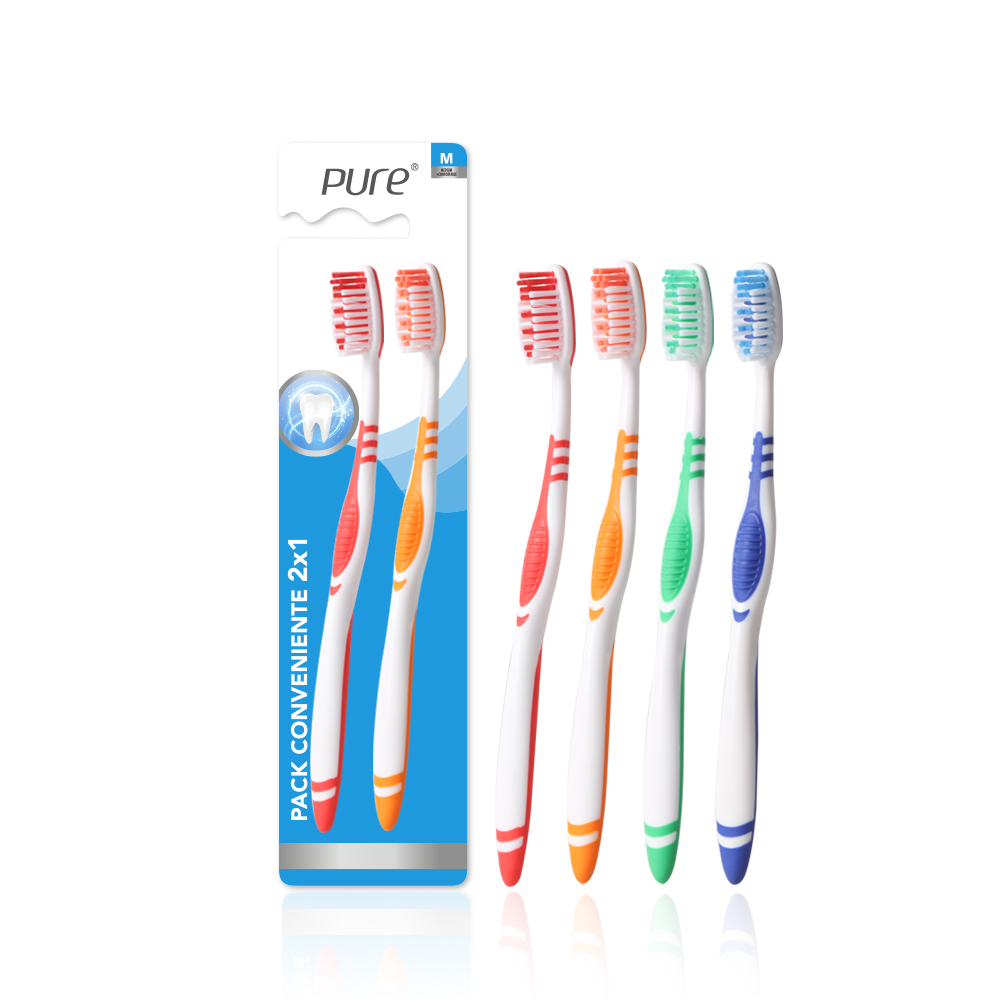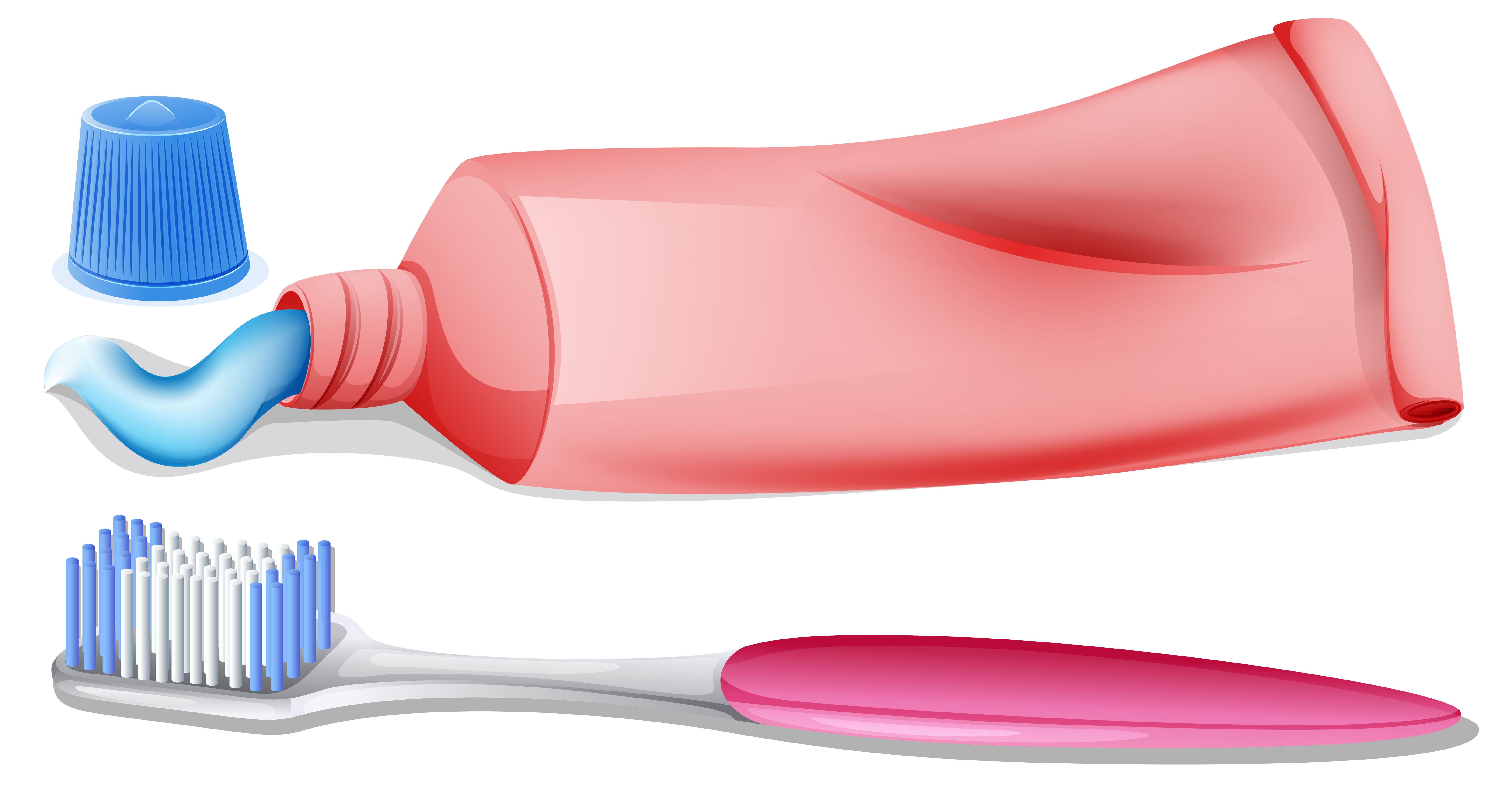Grab That Toothbrush Dattebayo: A Comprehensive Guide To Oral Health And Hygiene
Mar 22 2025
Oral health is an essential aspect of overall well-being, and maintaining a clean mouth is vital to prevent various dental issues. The phrase "grab that toothbrush dattebayo" may sound quirky, but it serves as a reminder to prioritize oral hygiene. Brushing your teeth regularly can help eliminate harmful bacteria, plaque, and prevent cavities. In this article, we'll explore the importance of oral hygiene, effective brushing techniques, and tips to keep your smile bright and healthy.
Many people underestimate the power of good oral hygiene. However, neglecting your teeth can lead to severe dental problems, including gum disease, tooth decay, and bad breath. With proper care, you can maintain a healthy mouth and avoid costly dental treatments in the future. This guide will walk you through the steps to achieving optimal oral health and why "grab that toothbrush dattebayo" should become your daily mantra.
By adopting the right habits, you can prevent dental issues and enjoy a lifetime of healthy teeth. Let's dive deeper into understanding why brushing your teeth is crucial and how to make it a fun and engaging part of your daily routine. Whether you're a parent teaching your kids or an adult looking to improve your dental habits, this article has something for everyone.
Read also:F1nnster Onlyfans Leak Unveiling The Truth Behind The Controversy
Table of Contents
- The Importance of Grabbing That Toothbrush
- Proper Brushing Techniques
- Choosing the Right Brushing Tools
- How Often Should You Brush?
- The Impact of Diet on Oral Health
- Teaching Kids to Brush
- Common Myths About Brushing
- The Benefits of Good Oral Hygiene
- Additional Tips for Optimal Oral Health
- Conclusion
The Importance of Grabbing That Toothbrush
Brushing your teeth is more than just a routine; it's a necessity for maintaining oral health. Neglecting this habit can lead to serious dental problems, such as cavities, gum disease, and even tooth loss. According to the World Health Organization (WHO), oral diseases affect nearly 3.5 billion people globally, making them one of the most prevalent health issues.
Why Brushing Matters
Plaque, a sticky film of bacteria, forms on your teeth after eating or drinking. If not removed regularly, it can harden into tartar, which can only be removed by a dentist. Brushing your teeth twice a day helps eliminate plaque and prevent it from causing damage. Furthermore, regular brushing can reduce the risk of gum disease, which is linked to other health conditions like diabetes and heart disease.
Proper Brushing Techniques
To maximize the effectiveness of brushing, it's essential to use the right technique. Many people brush too quickly or too aggressively, which can damage their gums and enamel. Here are some tips to ensure you're brushing correctly:
- Hold your toothbrush at a 45-degree angle to your gums.
- Use short, gentle strokes to clean the outer, inner, and chewing surfaces of your teeth.
- Brush your tongue to remove bacteria and freshen your breath.
- Spend at least two minutes brushing your teeth each time.
Common Mistakes to Avoid
Some common mistakes people make while brushing include brushing too hard, not brushing long enough, and using the wrong type of toothbrush. Brushing too hard can wear down enamel and irritate gums, while brushing for less than two minutes may not remove all plaque. Always choose a toothbrush with soft bristles to protect your gums and teeth.
Choosing the Right Brushing Tools
Having the right tools is crucial for effective brushing. There are various types of toothbrushes available, including manual and electric options. Electric toothbrushes can provide a more thorough cleaning, but manual brushes can be just as effective if used correctly. Additionally, using fluoride toothpaste can help strengthen enamel and prevent cavities.
Read also:Natalnya Leaks A Comprehensive Exploration Of The Phenomenon
Factors to Consider
When choosing a toothbrush, consider factors such as bristle type, head size, and handle design. Soft bristles are gentler on your gums and teeth, while a small head allows better access to hard-to-reach areas. A comfortable handle can improve grip and control during brushing. Regularly replacing your toothbrush every three to four months is also important to maintain optimal hygiene.
How Often Should You Brush?
Experts recommend brushing your teeth at least twice a day: once in the morning and once before bed. Brushing after meals can also help remove food particles and prevent plaque buildup. However, avoid brushing immediately after consuming acidic foods or drinks, as this can weaken enamel. Instead, wait at least 30 minutes before brushing to allow your saliva to neutralize the acid.
Timing Your Brushing
Timing is key when it comes to brushing. Brushing too soon after eating acidic foods can damage enamel, while waiting too long can allow bacteria to multiply. Establishing a consistent routine can help ensure you brush at the right times and for the right duration. Setting a timer or using an electric toothbrush with a built-in timer can help you brush for the recommended two minutes.
The Impact of Diet on Oral Health
Your diet plays a significant role in maintaining oral health. Consuming sugary or acidic foods and drinks can increase the risk of cavities and enamel erosion. On the other hand, a balanced diet rich in fruits, vegetables, and calcium can promote strong teeth and gums. Limiting snacks between meals can also reduce the amount of time your teeth are exposed to harmful bacteria.
Nutrition Tips for Oral Health
Incorporate more nutrient-rich foods into your diet, such as leafy greens, dairy products, and lean proteins. These foods can strengthen enamel and support gum health. Avoid frequent snacking on sugary or starchy foods, as they can contribute to plaque formation. Drinking plenty of water throughout the day can also help rinse away food particles and keep your mouth hydrated.
Teaching Kids to Brush
Instilling good oral hygiene habits in children is crucial for their long-term dental health. Parents can make brushing fun by using colorful toothbrushes, flavored toothpaste, and engaging activities. Creating a brushing routine and supervising young children can ensure they brush effectively and for the recommended amount of time.
Fun Ways to Encourage Brushing
Use songs or videos to make brushing enjoyable for kids. Apps designed for children can also help track brushing habits and reward them for consistency. Involving kids in choosing their toothbrushes and toothpaste can make them more excited about brushing. Regular visits to the dentist can also reinforce the importance of oral hygiene and address any concerns early on.
Common Myths About Brushing
There are several misconceptions about brushing that can lead to poor oral hygiene practices. For example, some people believe that brushing harder removes more plaque, while others think that mouthwash can replace brushing. Understanding the facts can help you make informed decisions about your oral care routine.
Debunking Brushing Myths
- Brushing harder does not clean your teeth better; it can damage enamel and gums.
- Mouthwash is a helpful addition to brushing but cannot replace it.
- Electric toothbrushes are not necessary for effective cleaning, but they can enhance the experience.
The Benefits of Good Oral Hygiene
Maintaining good oral hygiene offers numerous benefits beyond a bright smile. It can improve overall health, boost self-confidence, and save money on dental treatments. By brushing regularly and adopting healthy habits, you can reduce the risk of dental issues and enjoy a healthier lifestyle.
Long-Term Benefits
Good oral hygiene can lead to stronger teeth, healthier gums, and fresher breath. It can also reduce the risk of systemic diseases associated with poor oral health, such as cardiovascular disease and diabetes. Regular brushing and flossing can prevent costly dental procedures and promote a lifetime of healthy teeth.
Additional Tips for Optimal Oral Health
Beyond brushing, there are several other steps you can take to maintain optimal oral health. Flossing daily, using mouthwash, and visiting the dentist regularly are all essential components of a comprehensive oral care routine. Additionally, avoiding tobacco products and limiting alcohol consumption can further protect your teeth and gums.
Complementary Oral Care Practices
- Floss daily to remove plaque between teeth and under the gumline.
- Use mouthwash to kill bacteria and freshen your breath.
- Schedule regular dental checkups and cleanings.
Conclusion
Grabbing that toothbrush dattebayo should be a priority for everyone who wants to maintain a healthy smile and overall well-being. By understanding the importance of brushing, using proper techniques, and adopting healthy habits, you can prevent dental issues and enjoy lifelong oral health. Remember to brush twice a day, choose the right tools, and incorporate complementary practices like flossing and mouthwash into your routine.
We encourage you to share this article with friends and family to spread awareness about the importance of oral hygiene. Leave a comment below with your thoughts or questions, and don't forget to explore other articles on our site for more valuable information. Together, we can make "grab that toothbrush dattebayo" a mantra for better oral health worldwide!


